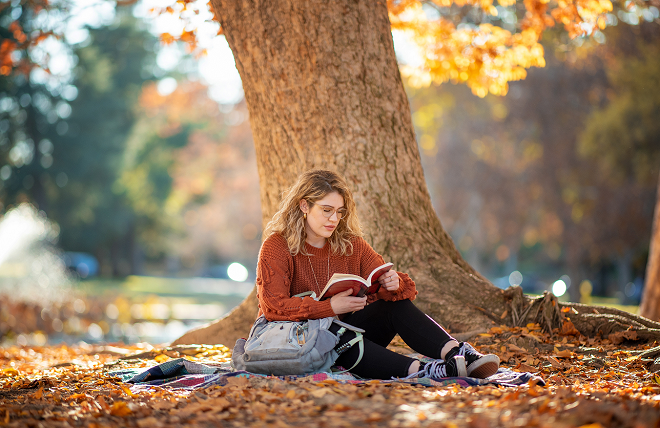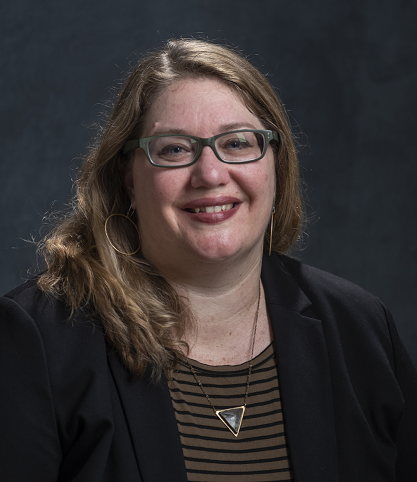How To: Be a Bookworm

Was the last novel you read during your college days? Do you have unread books gathering dust on your shelves? Do you want to read but lack the motivation? You’re not alone. Cracking open a book may seem like a chore for some, but English professor and writer Sarah Pape shares some easy ways to make reading something anyone can look forward to.

Find book lists based on your interests.
Websites like Goodreads and LibraryThing offer curated lists of books along a specific theme or event, like popular science fiction or Black History Month. Online hubs, such as Bookshop.org, offer inspiring lists created by booksellers themselves—who are, inarguably, the most influential folks in the book trade.
Make reading part of your daily routine.
As a lifelong before-bed reader, my work-from-home schedule has allowed me to rethink my ideal reading time. Surprisingly, morning reading offers a whole different experience—starting the day slowly and deliberately, it loads my brain up with words and images that return to me throughout my workday.
Join a book club.
Years ago, I was invited to join a newly formed book club, and our one unchanging criteria is to choose books that benefit from a collective understanding. In other words, a book we would struggle with or abandon if we were on our own. The group motivation pushes you to continue for the sake of a future conversation with trusted others.
Know it’s OK to jump ship before the ending.
Life is too short to finish a bad book, and there are more good books than you’ll finish in a lifetime. Asking your best bookish friends, reading reviews, perusing your neighborhood little libraries, and checking books out at your local library will ensure what you do read has a better chance of being good, which saves you time and won’t break the bank if it isn’t.
Read more than one book at a time.
I tell students, “To be a good editor, you have to read everything.” I think this applies to life, too. Each genre moves through us differently, expanding our language, imagination, and empathy. Reading a rotation of works keeps us actively listening, feeling, and hopefully, making connections amongst multifaceted human experiences.

Sarah Pape is a writing, editing, and publishing lecturer and the managing editor of Watershed Review. Her poetry and prose have been published in numerous literary journals and magazines, and The New York Times has featured several of her essays.


